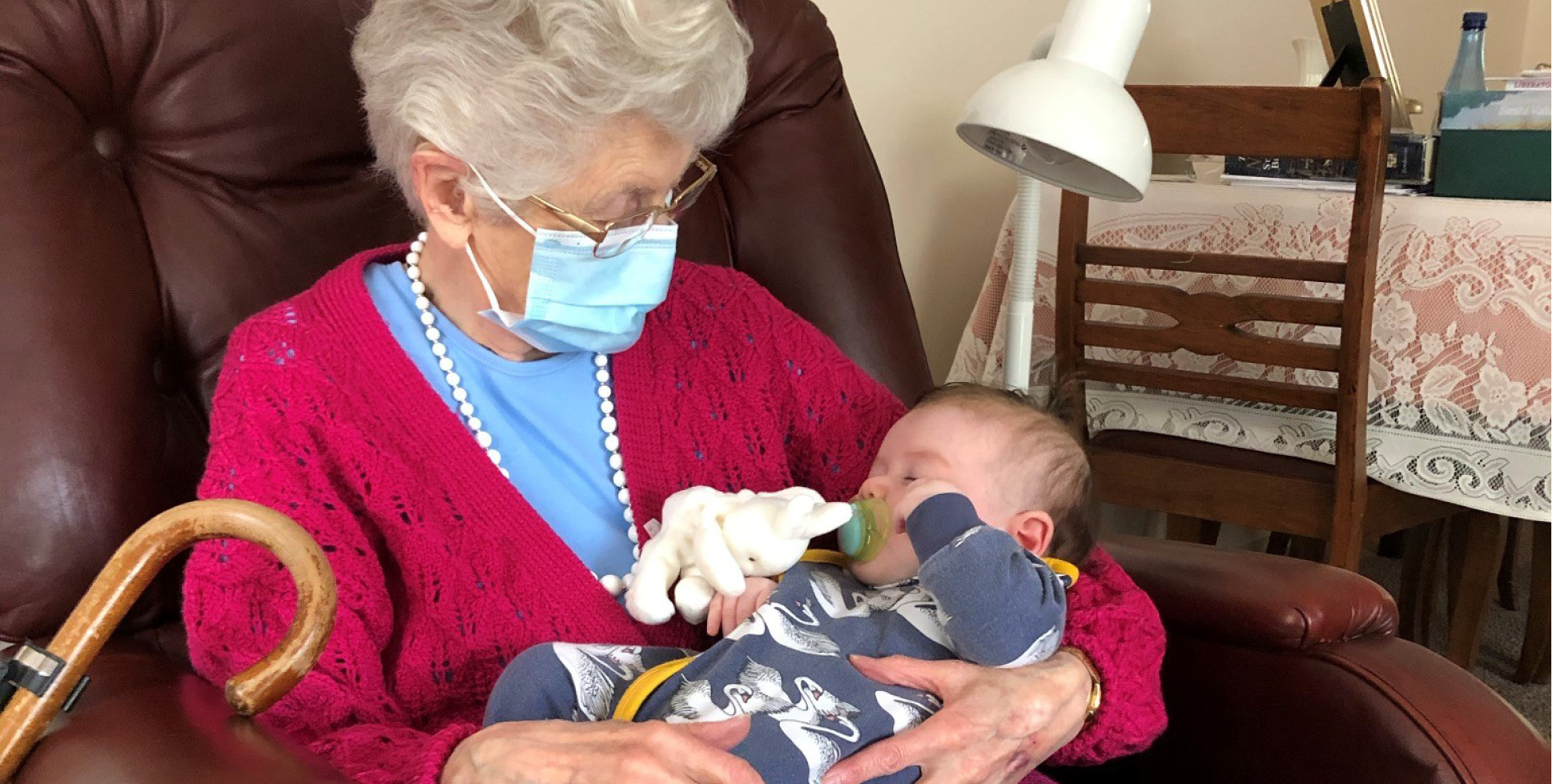
The State Government’s short sighted and negligent restrictions on access to physiotherapy care in Victoria continues to impact thousands of people across the state, as face to face physiotherapy care remains only available for ‘essential’ purposes.
There is almost no relief to those people who rely on physiotherapy for their daily health and wellbeing and Australian Physiotherapy Association (APA), Victorian Branch President, Tom Hindhaugh said the State Government’s reluctance to see the real world impact of their restrictions is having a tangible and devastating human cost.
“On a daily basis we are hearing about the detrimental impact of this policy and the huge backlogs of patients who have not met the criteria to be seen, but whose ongoing lack of access to physio is impacting their wellbeing.”
“Many have chronic conditions that have not been well managed for many weeks or months and it is irresponsible to keep limiting access. We are likely to see the serious consequences down the track so we implore the State Government to take the long term health consequences into serious consideration and allow full access to face to face physiotherapy care in Victoria.”
“Anything less risks the irreversible deterioration in the health and wellbeing of our community,” he said.
Melbourne based physiotherapist Emily Riglar has seen the effect of the policy first hand, with the restrictions having a dramatic impact on the short and long term health and wellbeing of her 94 year old grandmother.
“Due to the restrictions my 94 year old Nana has had her access to home based physio removed. She had a stroke last year and was already deconditioned due to ongoing issues with back pain and foot pain.”
“She lives alone and since she has been prohibited from having home visits from her physio and physio assistant she has not had the confidence to get out and walk. Three months ago her walking was the best it had been in over a year. Now she has noticed she is getting more tired, and she can’t walk as far, and doesn’t feel as confident. From what she tells me it sounds like she is deconditioning. She struggles with the phone so telehealth really isn’t an option for her and she is increasingly at risk of not being able to regain her condition as the weaker she gets, the harder it will be once she has access to her physio again.
“I fear that the outcome of this gap in treatment is that she prematurely reaches the point that she can no longer live independently and has to move into a nursing home, and at worst that she falls and ends up in hospital. If this happens it would likely be the beginning of further deterioration due to her level of deconditioning,” Emily said.
Mr Hindhaugh said this is a nonsensical decision by the Victorian government that needs to be reversed before more damage is done.
“As things stand, neither patients nor their health provider has clarity about how to ensure they are getting the care they need. What we are asking is that physiotherapists be respected as the highly trained professionals they are, and for restrictions on access to physiotherapy care to be eased.”
“People like Emily’s grandmother, represent the toll Victorians are paying while these restrictions are in place. There is no reason why people are restricted in getting treatment from their physiotherapist that keeps them active, healthy, mobile and independent.”
“Physiotherapists are Ahpra-registered, trained in infection control and prioritise the health of our patients. During the 18 months of this pandemic, physiotherapy in private practice has been proven to be overwhelmingly safe and valuable. Data shows that physiotherapy in private practice is overwhelmingly safe during COVID-19 outbreaks.”
“As health professionals, who are instrumental in keeping people healthy and well, pain free and mobile during this difficult time, physiotherapists are dismayed at this decision. In regional Victoria, you can get your haircut but you still can’t see your physio. It concerns and bewilders us that allied health can be deemed to represent a higher risk and lesser value than beauty and grooming services.”
“We’re calling on the government to recognise that physio is safe and valuable, and to allow unrestricted access to physiotherapy services,” he said.
Tom Hindhaugh is available for comment.
For further information, please contact:
Manager, Media and PR
Tel: 03 9092 0838
Email: media@australian.physio
Related tags
